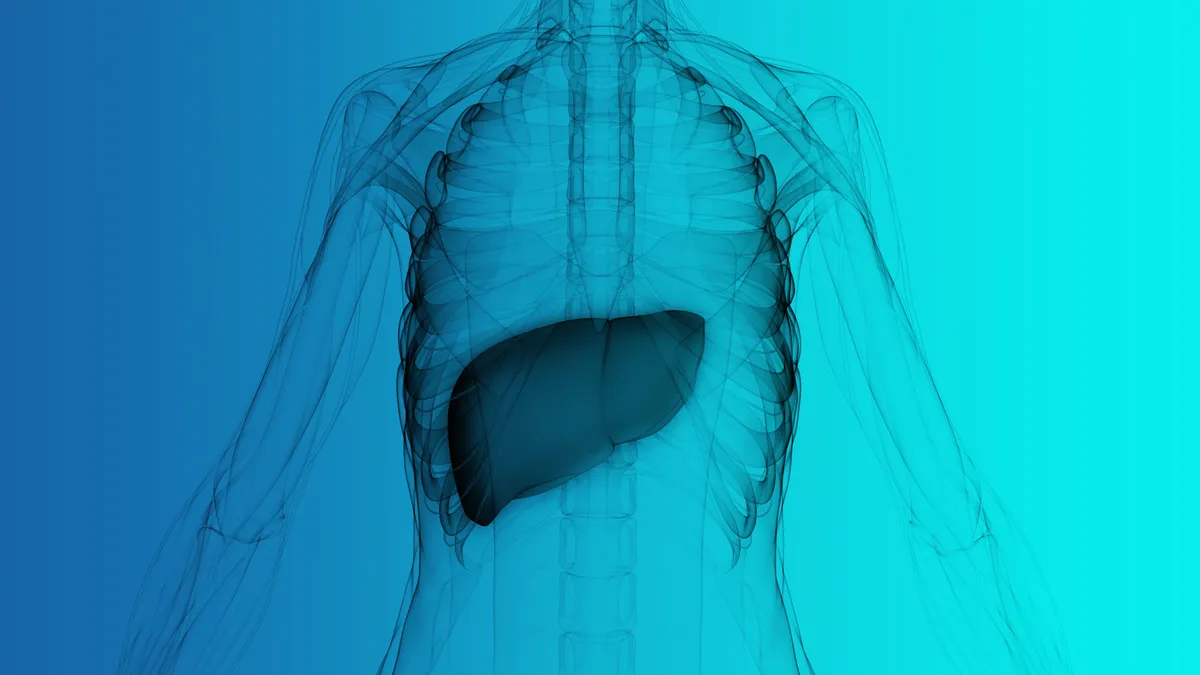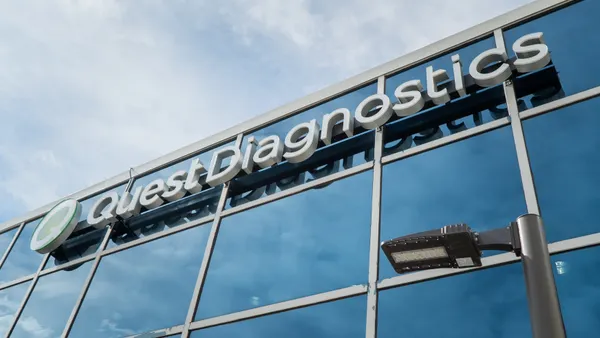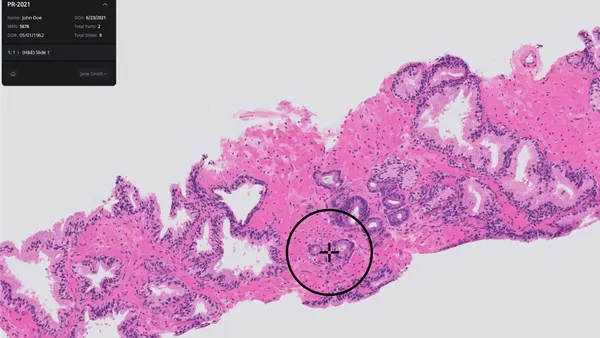Dive Brief:
-
FDA has granted breakthrough status to Laboratory for Advanced Medicine’s liver cancer liquid biopsy, the Irvine, California-based company said in a statement Tuesday.
-
LAM secured the regulatory status after generating preliminary clinical data showing the test detects liver cancer with a specificity and sensitivity in excess of 95%.
-
Like a rival test in development at Exact Sciences, LAM’s liquid biopsy uses cancer-specifıc methylation markers to determine whether a patient is likely to have a tumor.
Dive Insight:
There is a well-established blood test for liver cancer that detects alpha-fetoprotein (AFP), a protein found at elevated levels in patients with the disease. However, AFP is a flawed biomarker, the American Cancer Society says. The protein can be found at elevated levels in patients without liver cancer and, more importantly, at normal levels in people with early stage disease.
The limitations of AFP and other screening techniques, such as ultrasound, in early stage detection matter as the outcomes of liver cancer patients improve if the disease is treated when the tumor is small and localized. That fact has spurred research into other types of blood tests.
LAM’s approach is to use the DNA methylation alterations involved in tumorigenesis to detect cancer in its early stages. That method entails isolating cell-free DNA (cfDNA) from blood samples and analyzing it to identify DNA methylation patterns specific to hepatocellular carcinoma, the most common primary form of liver cancer.
In March, LAM presented data validating its belief in the approach. The study took samples from 154 patients who were either healthy or suffering from a benign liver disease, Stage I to IV liver cancer or another tumor type. The cfDNA methylation panel detected liver cancer with a sensitivity of 95% and a specificity of 97.5%.
An earlier write-up of the study noted sensitivity exceeded 89% at all stages of disease progression. If validated in further assessments, that finding would suggest the diagnostic can identify patients with tumors that are hard to detect using existing screening methods.
The FDA breakthrough designation positions LAM to benefit from additional regulatory support as it works to get the test to market. LAM is running a 1,600-subject study to compare the sensitivity and specificity of its test to ultrasound. The trial is enrolling cirrhotic patients at high risk of liver cancer.
Other companies are also targeted the liver cancer diagnostic market. Last year, Exact Sciences linked its methylated DNA marker blood test to a sensitivity of 93% and specificity of 95%. Since then, Exact Sciences has struck a $2.8 billion deal to acquire Genomic Health, in part to add an oncology sales force to promote its liver cancer test.











